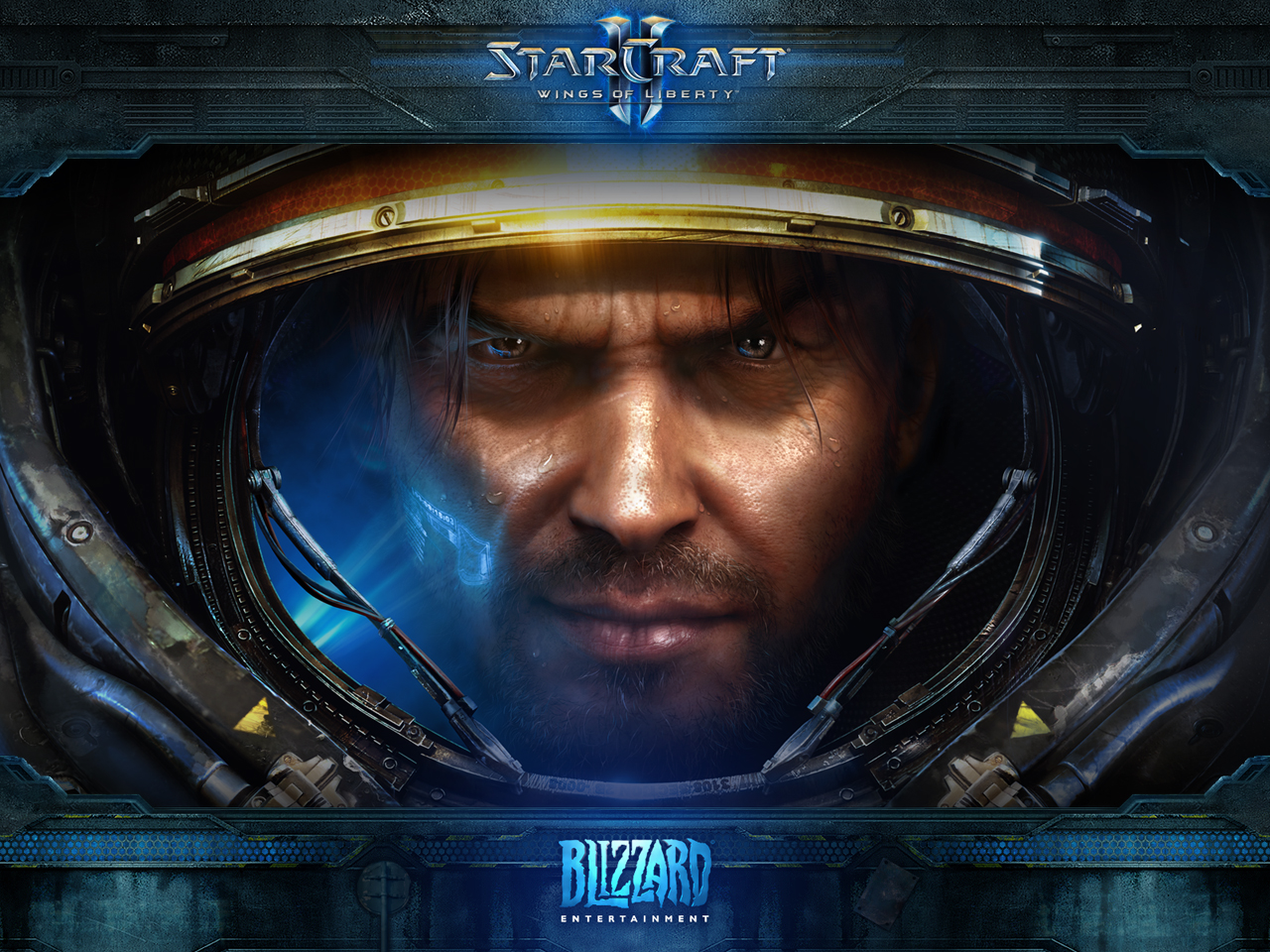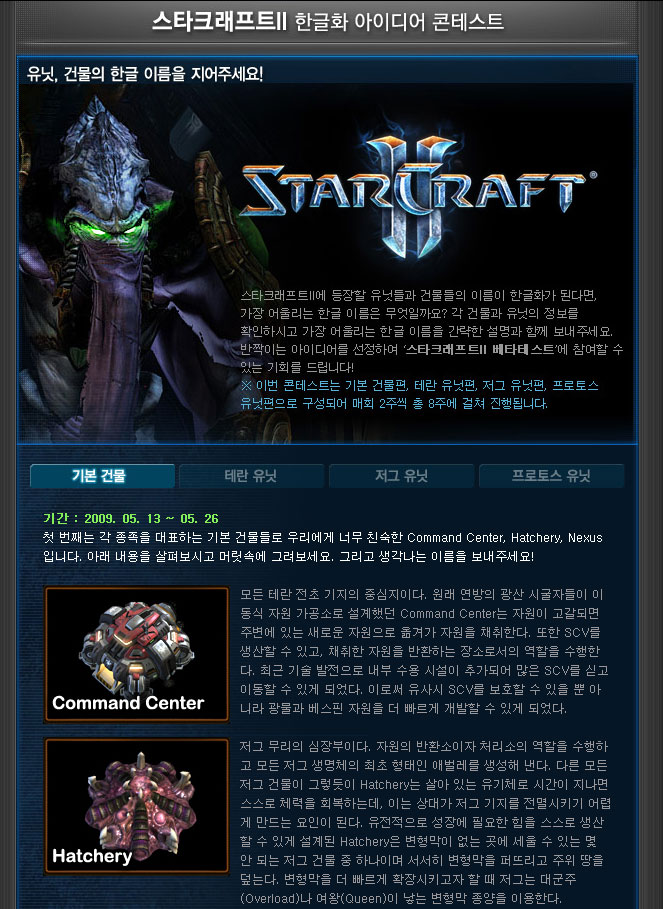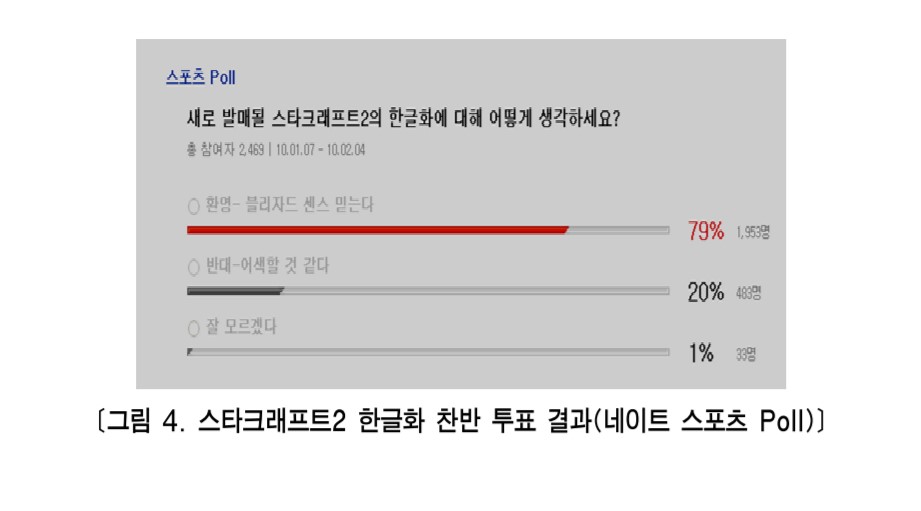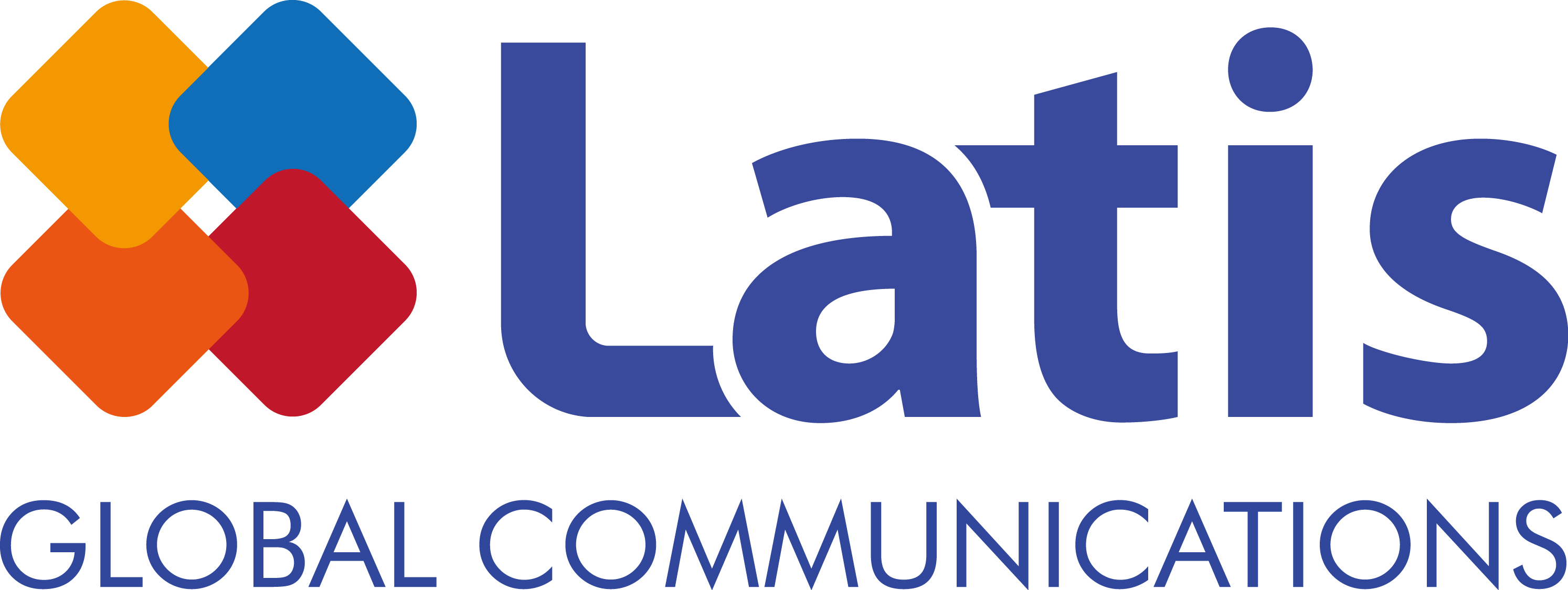
[Game Localization] Overcoming Cultural Barriers
Greetings, we are Latis Global Communications, a company dedicated in localizing games. We provide high quality game services to game developers all over the world. We also provide informative content to help developers successfully expand their market abroad.
In a previous article, we talked about game localization and its importance. Localization is a process of adjusting the game content to cater to the target audience.
Today, we’ll be looking into a localization success story of Starcraft II: Wings of Liberty (Starcraft II), a PC online game from Blizzard.

#Starcraft II and the Challenges of Full Localization
When the original Starcraft came out in 1997, it reshaped the Korean game industry. Many claim that the history of Korea’s games can be divided into before Starcraft and after Starcraft, and this has been widely regarded to be true. After the release of Starcraft, internet cafes started popping up all over the country, and the foundation of professional leagues and professional gamers were cemented. This was the start of the esports we have today.
The explosive reception of Starcraft in Korea was something unprecedented, and this made Blizzard cater to Korean gamers with more care and interest. This eventually lead to their announcement of the long-waited sequel to Starcraft and their decision to fully localize the game in Korean.

But something unexpected happened after this announcement. The Starcraft communities were torn into two groups: One that welcomed the full localization and another that disagreed with this decision. Generally, when game developers announce localization plans for games, it is received with open arms. However, for Starcraft II, this was not the case.
The problem was in the fact that the original Starcraft, released in English, was a phenomenal hit in Korea. Fans felt at home with unit names and UI in English. Many didn’t want to familiarize themselves to new terms and UI. Some worried about the translation heading in a too liberal direction.
Those who supported the full localization believed this would lower the language barrier and bring in more players. They claimed that the resistance to the new Korean terms would soon pass and everyone would enjoy the game as usual.

#Blizzard Confronts the Issue by Communicating with the Fans
As Blizzard’s announcement backfired, Blizzard decided to communicate with the fans. What they did was somewhat unconventional. They created an event in which fans could voice their opinion and suggest the translation. It’s very similar to what we call today, “user translation via leveraging collective intelligence.”
In 2010, not far from the release of Starcraft II, the debate subsided. Blizzard’s effort of listening to and implementing the fans’ ideas as well as maintaining their stance of Korean localization was what helped the fans have a more positive view of the whole situation.

In a poll conducted by Nate regarding Starcraft II in January 2010 (the image above), out of 2,469 participants, about 80% supported Korean localization of the game. This was a huge shift in attitude from when Blizzard first announced the Korean localization.
The quality of the Korean voice acting also helped in earning the fans’ approval. They appreciated the seamless and natural voice acting; such as the military jokes from Marines and Siege Tanks and many witty comments from other units. (Source: Namuwiki)
Did you find this article interesting? In our next article, we will be talking about voice recording of games. So stay tuned!

Our extensive knowledge of video games helps us to deliver superior gaming services.
We are a team made up of game specialists who fully understand and love video games.
We provide our clients with the highest quality gaming services for all types, platforms, and genres of video games. With considerable knowledge and experience, we support global video game developers and publishers for their successful launch.

